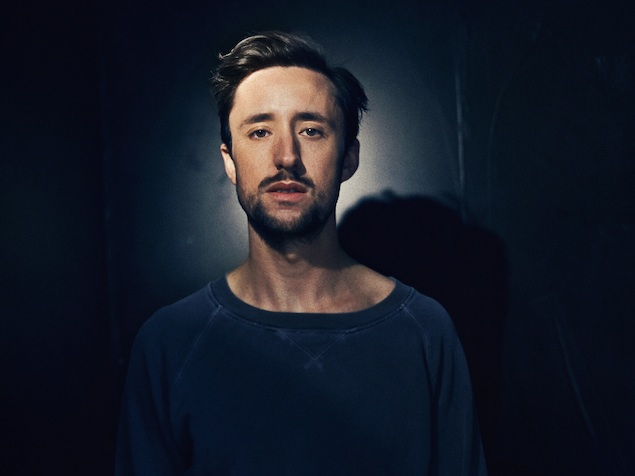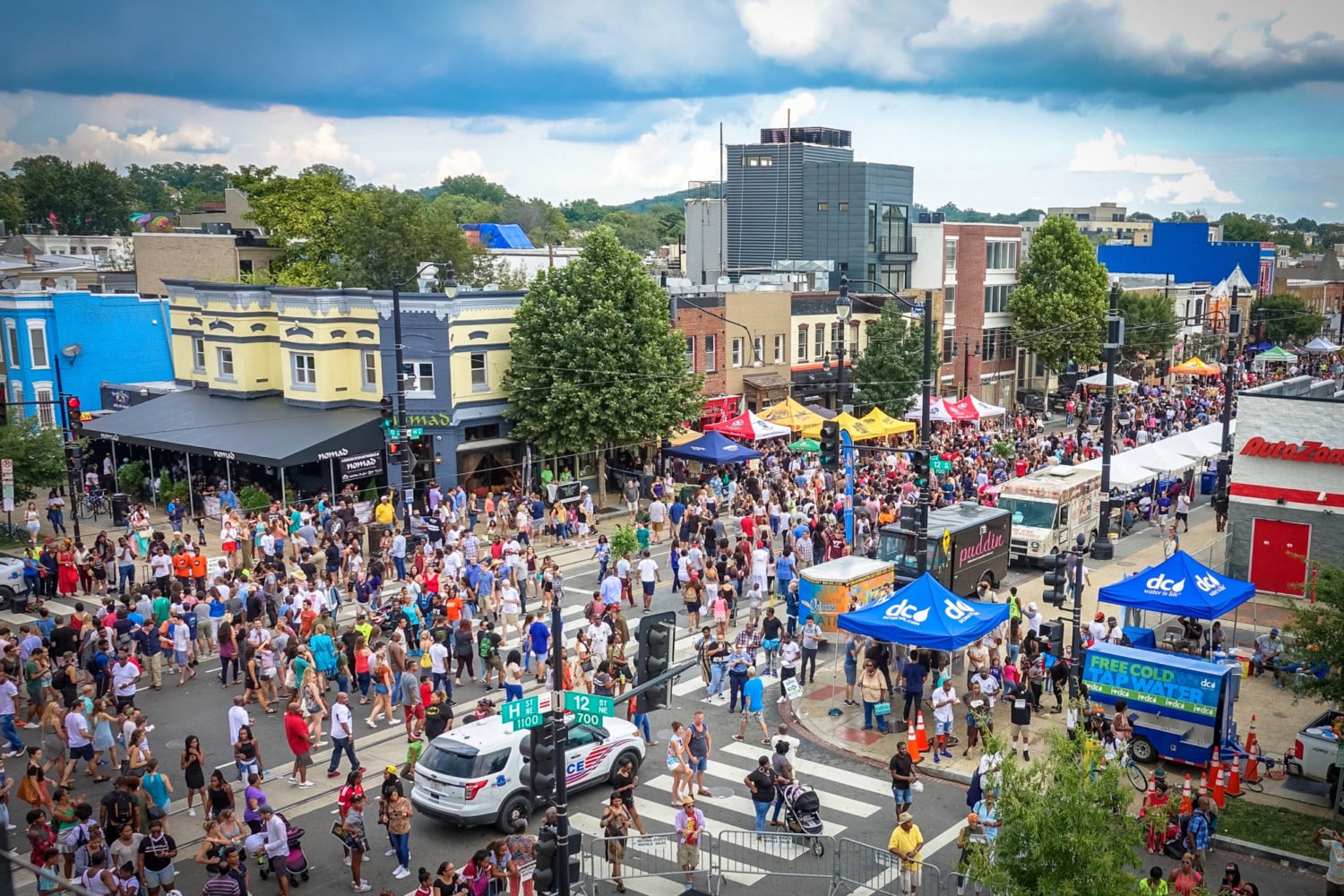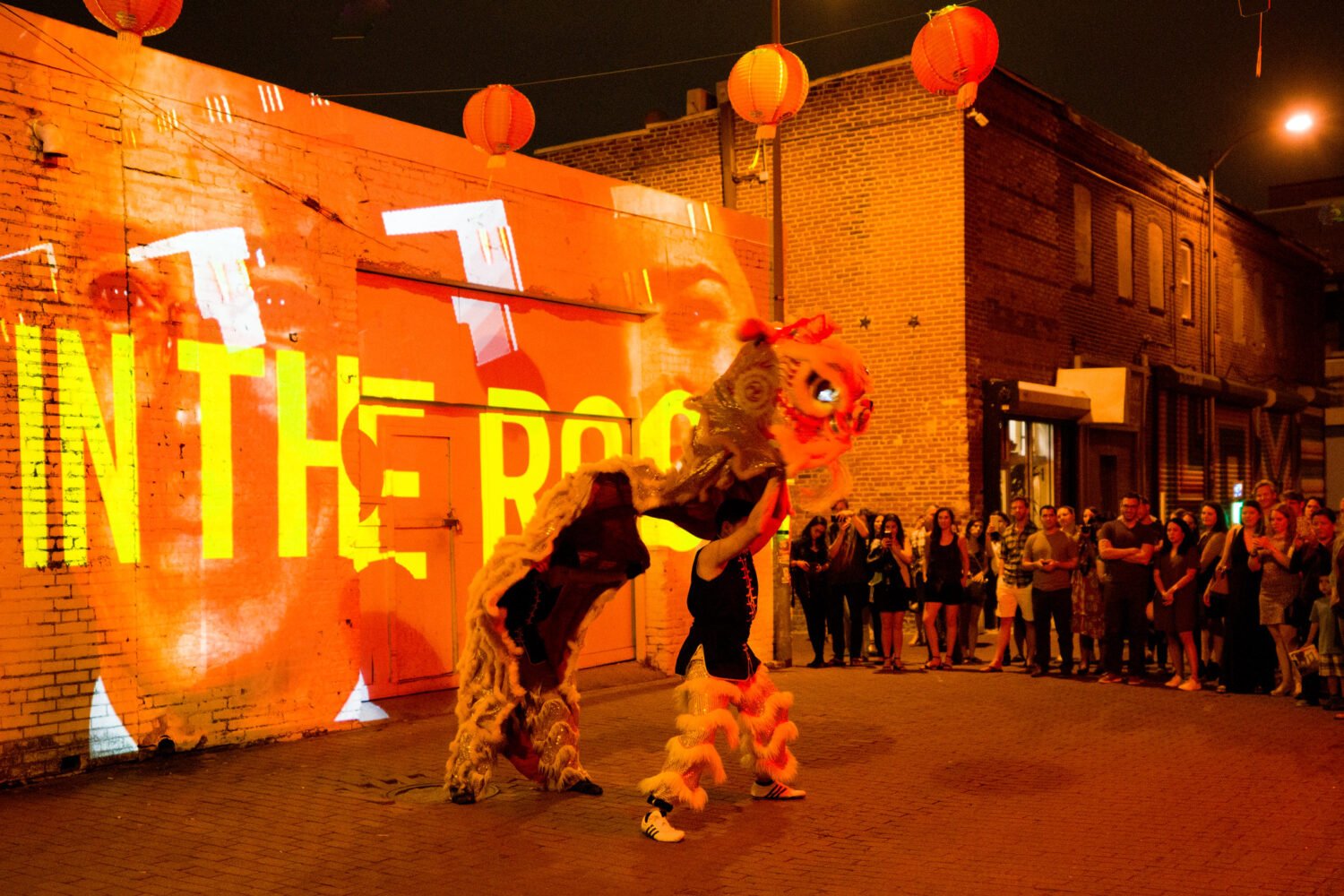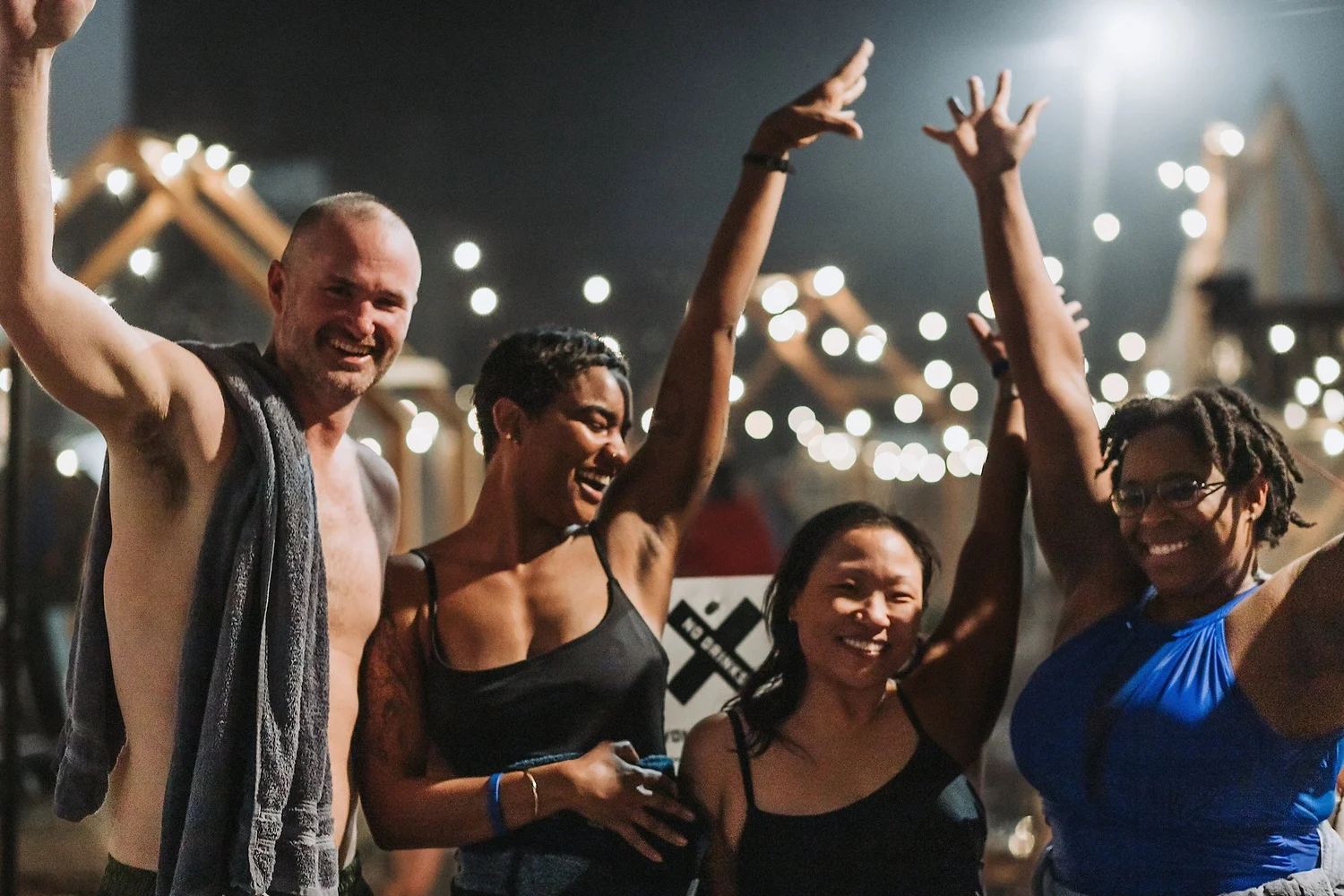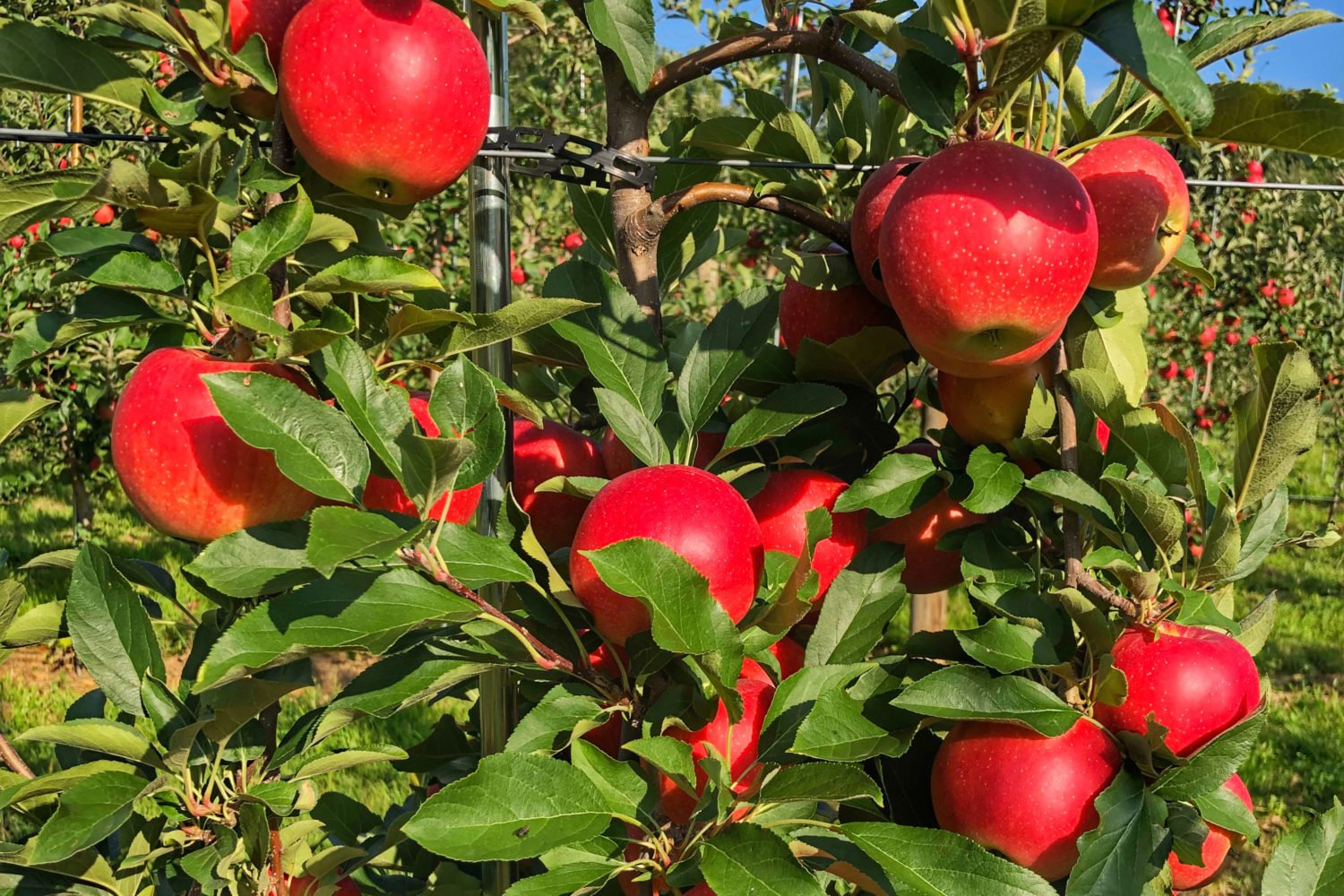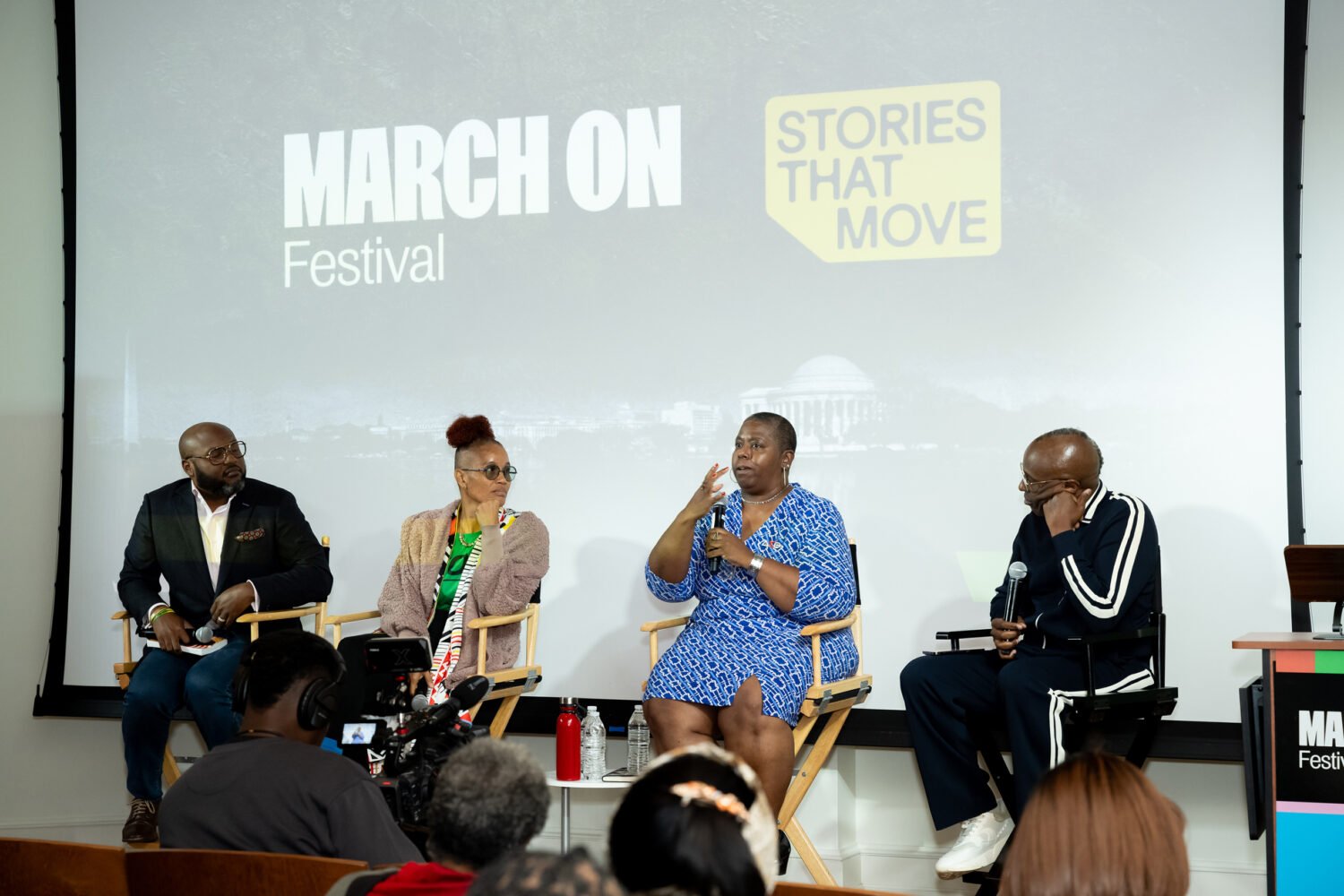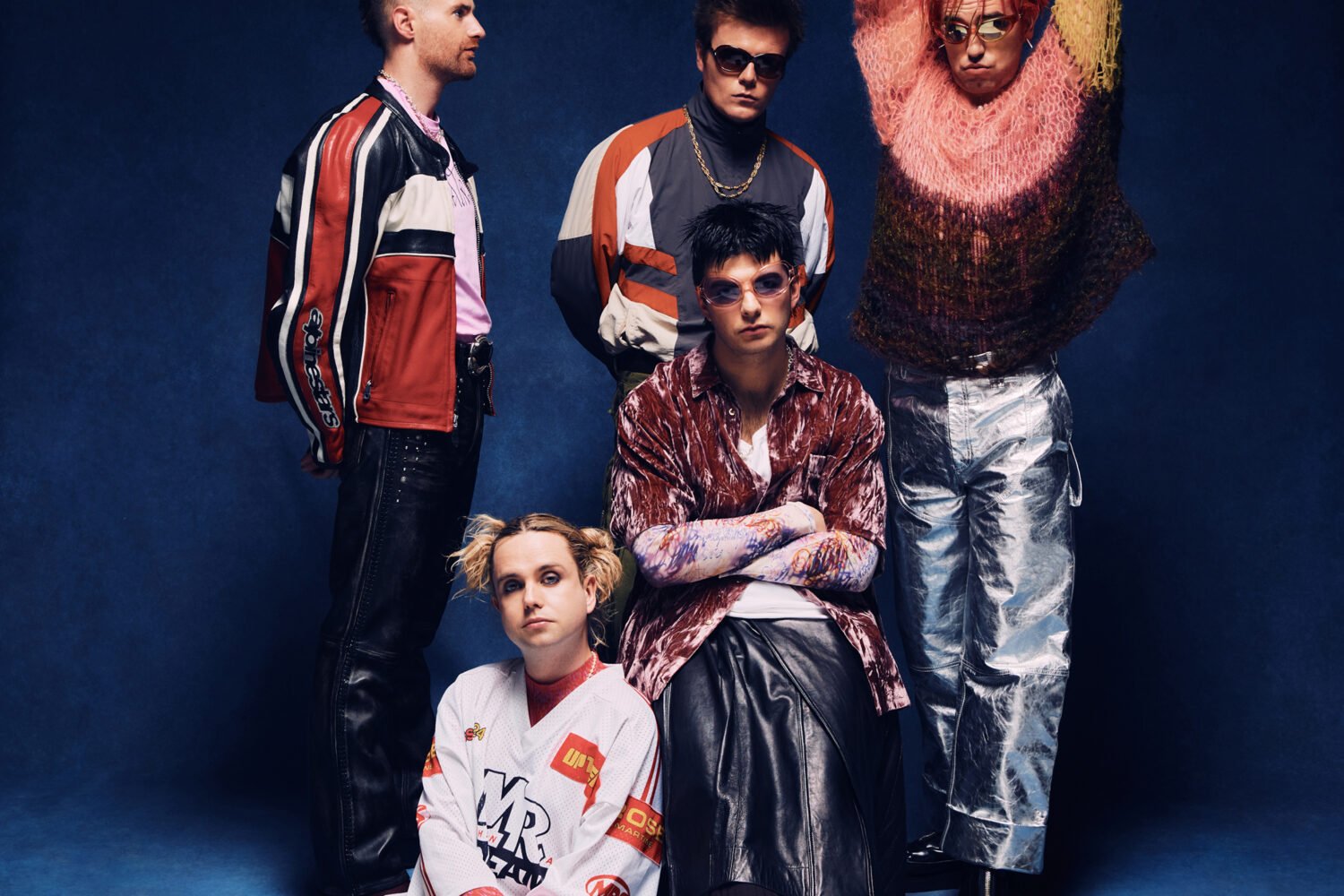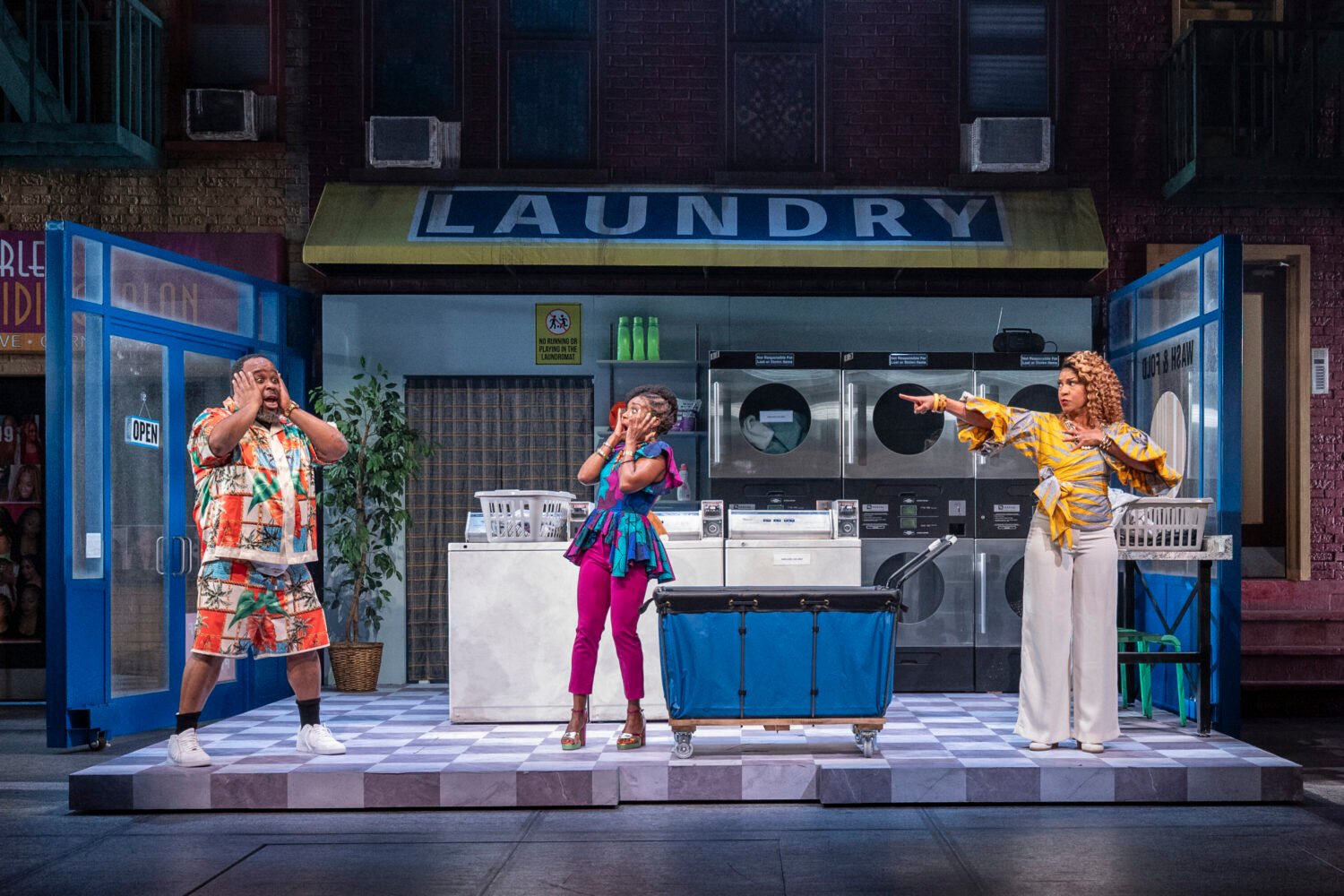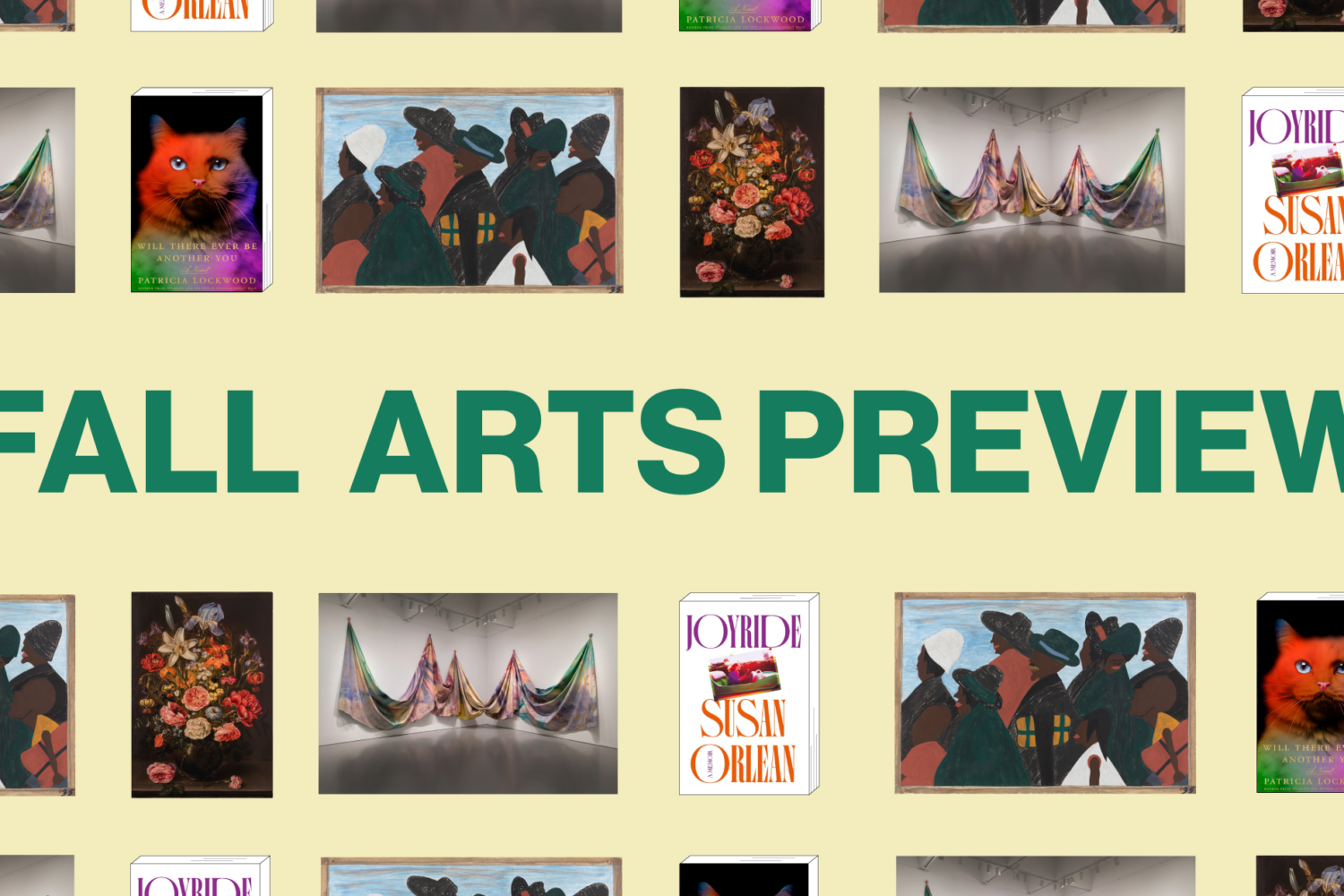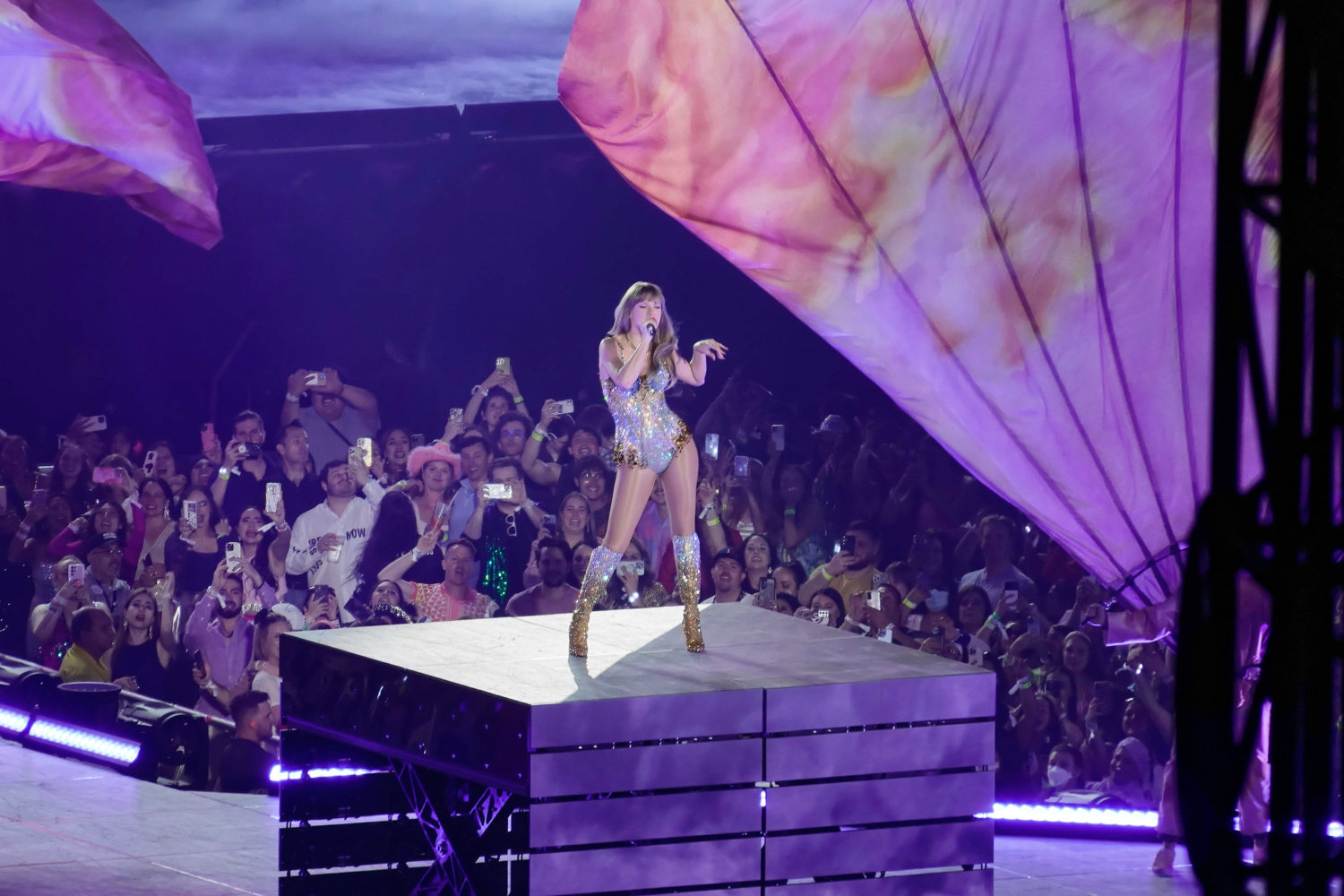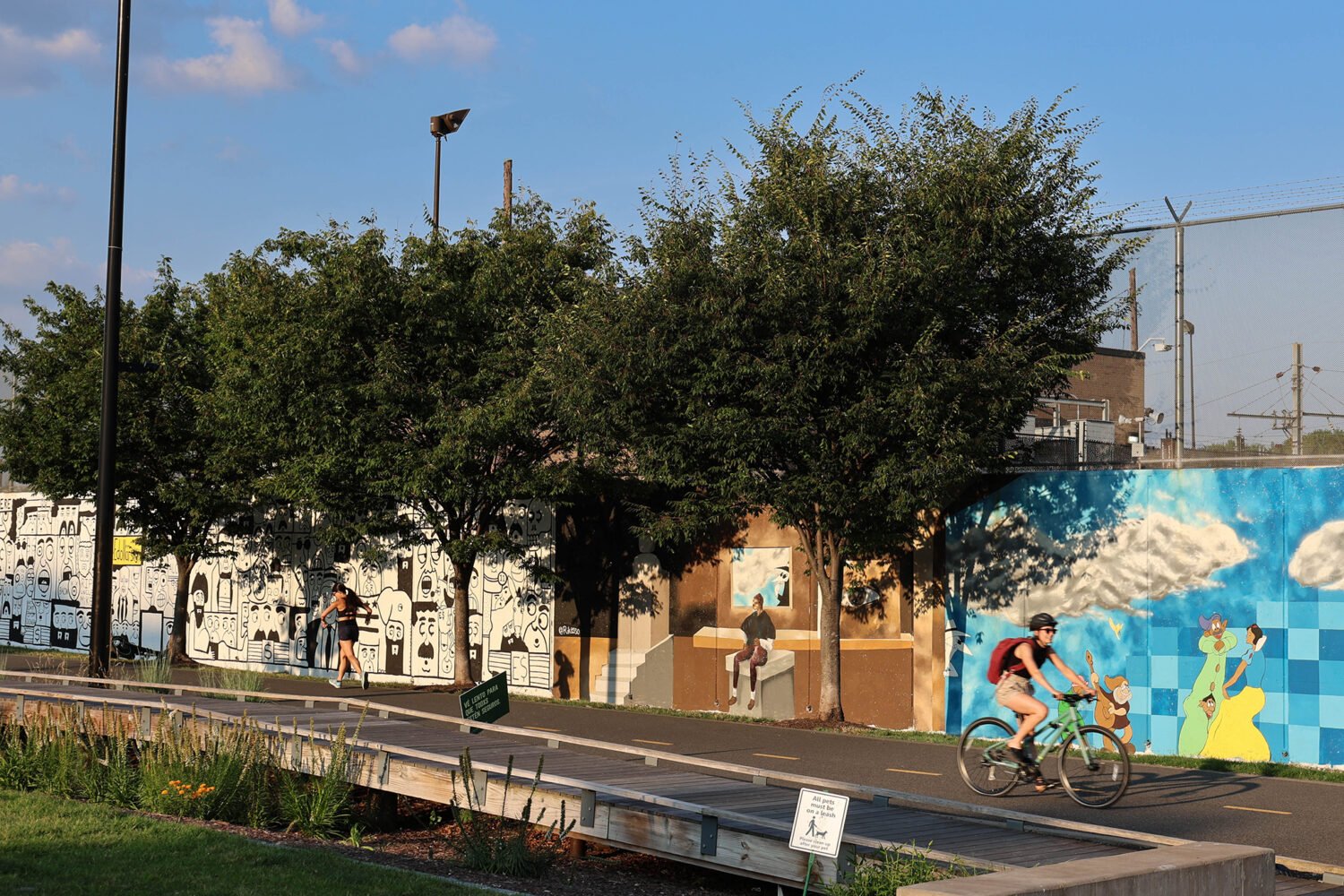(Editor’s note: This interview contains some strong language.)
Tom Krell could be called the thinking person’s pop artist. The 29-year-old, better known by his stage name, How to Dress Well, makes fuzzy-edged, neo-R&B tunes that, even when upbeat, are suffused with melancholy. His songs attempt to shine a light into the dark corners of the human experience, tackling such subjects as mental illness and the death of a friend in ways that feel at once widely relatable and deeply personal, all anchored by a falsetto that evokes neo-soul artist the Weeknd. His experimental sound has earned rave reviews—The A.V. Club called his debut album, 2010’s Love Remains, “an immersive experience that transcends its chilliness (and speaker-crackling sonic limitations) through pure emotion”—and he continues to push his boundaries with his third EP, “What Is This Heart?,” released on June 23.
Krell, in interviews, is as analytical and unapologetic as his lyrics would suggest, taking a microscope to his songwriting methods and influences with an academic detachment that befits his PhD student status. He’s currently on tour, including a stop at U Street Music Hall on Saturday, September 20; we caught up with him by phone to talk about his new album, his “dumb” approach to music, and striving for the perfect live show.
How’s the tour going so far?
It’s going very well. We’re in the thick of it; it’s been a long one. The sheer mileage of it is . . . hard. If I was in one city and I did 30 shows in 35 nights it would be tiring, but wouldn’t be exhausting the way this is exhausting.
Have you developed any strategies for dealing with that?
No. There’s no real strategy; you just gotta do it, and then you sleep when you’re dead, I guess.
Is there anywhere you’re especially excited to go on this tour?
I was really excited to go places i haven’t been, like Atlanta. LA, Chicago, and New York are always sick, Portland is always amazing, Seattle, Vancouver; we hit all the same places and then added some slightly more eccentric spots—we’re doing a show in Hamilton, Ontario, in a couple days, and Louisville [Kentucky] and Nashville.
I was reading about a recent sort-of controversy regarding some things you tweeted defending Sun Kil Moon’s Mark Kozolek for blowing up at a crowd during a show.
It was during an interview in Raleigh, North Carolina, where he’d been performing, and he got mad at the crowd, and that interview got picked up by Pitchfork and Stereogum and shit. The tweets were mostly just me saying to these old dickheads who are diehard Sun Kil Moon fans that they need to stop tweeting at me.
With so much interaction possible with fans now, thanks to social media, do you ever feel like it causes problems for you as an artist?
The social stuff is not the problem—it’s always the big publications who are bored one day and decide to make a headline out of some shit so they can get the search engine optimization going. That’s what it comes down to: Some douchey 44-year-old diehard Sun Kil Moon fan from wherever, like, Iowa City—he doesn’t change anything, but then Stereogum posting some inflammatory headline bumps their place on Google News. It’s the big publications that have the control still. Social media is kinda fun and cute and doesn’t really do that much.
So do situations like that make you feel like you have to be on your guard when you’re doing interviews?
No . . . not really.
Moving on: Your new album has gotten some great reviews.
I’m really happy the album is doing as well as it is, just because I worked really hard on it and I care a lot about it. In my mind, it’s less personal than my previous ones; Love Remains is an album that I made in a personal way that a select group of people connected with very personally, but “What Is This Heart?” is more open and general and has a much more universal side to it.
Why the quotation marks in the title?
The way I write music and lyrics is very freestyle; I get a song started, with maybe a loop or something, and then I go in over the loop and freestyle stuff for a long time, and then listen back at what I said and try to let the music bring something out of me. When I was looking back at a lot of recordings, weirdly there was so much dialogue that came out of these free-associative monologues. There were so many things I said to people that I didn’t understand the consequences of or that I wish I hadn’t said or had said differently, and so many things people said to me that I didn’t understand at the time but now I see what they were trying to communicate. The idea of quotation and living communication—not like lyrics that I wrote in my diary, but things that happened in life—really stood out to me almost on every single song. So I started to think about what that was all about: what it means to have one free-associative inner monologue so full of scenes from other people, what it means to talk to other people, and how much that sharing with people constitutes who we are as individuals, so that was the vibe with the quotation. I think every single song has some kind of quotation element to it.
When you transition from that free flow to polishing and editing songs, do you feel like you lose something?
No—it’s really strange to say this, but I learn so much about myself through my process. I don’t really believe that introspection comes from, like, asking yourself, “How am I doing today?” You don’t have that much access to yourself—you put up all these blinders, all these mazes and traps for yourself, that you don’t really get a sense of who you are. So this is a really weird process by which I do learn a lot about myself and about where I’m at. Like what I said about the quotations—I’d just be freestyling, and I’d be like, What the fuck? My dad said that to me when I was 15, and I thought he meant this, but he actually meant that, and I spent the last ten years assuming he was trying to do one thing but was maybe trying to do the exact opposite. On another song, I was just singing, and all of a sudden I realized I totally mishandled certain aspects of relationships in the past, and I’d never really been honest with myself about how badly I’d mishandled them.
It’s like how you can look at yourself in the mirror and find your good angle and make your cute face and shit, so you think you’re seeing a reflection of yourself, but it’s a very controlled reflection. You know how sometimes in a hotel there’s a corner mirror and you see two different sides of your face, or sometimes you flip an image, and you think, “Oh, shit, that’s what I look like? That’s what my hair looks like?” The songwriting process is more like that than like the “get my cute face on.”
Is it the same way when you’re performing live? Do you discover something different every time?
Performing is almost like a sport—you just try and, like, do something really beautiful spontaneously in front of people. I’m focused on trying to make every show really perfect. I mean, we’re constantly refining and changing and rearranging stuff on the live show—one day we’ll try something really minimal and find it’s way more effective than another arrangement, so then on the way to the venue you spend three, four hours trying to rewrite. It’s always so hard to tell what’s gonna touch people and what’s not.
The idea of perfection in a live show is interesting—have you ever seen it?
Frankly, no. I don’t really know anybody who’s doing what we’re doing. I’ve seen Antony and the Johnsons at the Brooklyn Academy of Music with a full orchestra, and that was amazing—so refined, so extremely beautiful, but then it had this academic, kind of austere sort of exclusive feeling, which I hated. And then I’ve seen Grouper play for, like, ten people in Portland, and it was so quiet and so beautiful that people were holding their breath the entire time, and it was amazing, but it lacked this really strong muscular thing. I still love going to concerts and being bowled over by sound and the physicality of the performer; that’s why it’s dope to see, like, ASAP Ferg or something, but then that lacks that beautiful live, fragile aspect. I never liked shows where there’s choreographed dancing or some shit like that. Trying to do something that’s really refined and really raw and really tender and really muscular all in the same 70 minutes is really challenging, and frankly I don’t know anybody who does it. I’m trying to do something I feel like I haven’t had the privilege of seeing.
People talk a lot about how you’re pursuing a PhD in philosophy—do you think that has any effect on your writing?
I have an effect on my music, which seems trivial to say, but I’m always super confused why people don’t get this. You know Action Bronson? He’s a chef and a total crazy eater, so all his raps end up being about preparing food and eating food. And I am who I am, so my music has a certain inflection to it, which is me. Ever since I was young I’ve really been interested in literature and poetry and thinking, but I don’t have a philosophical approach to music; I’m pretty dumb and raw, and kind of intuitive, but there’s a common element, which is me thinking that is doing music on one hand and thinking about philosophy on the other hand. So it’s all my life.
How to Dress Well performs at U Street Music Hall Saturday, September 20, at 7 PM. Tickets ($15) are available online.

